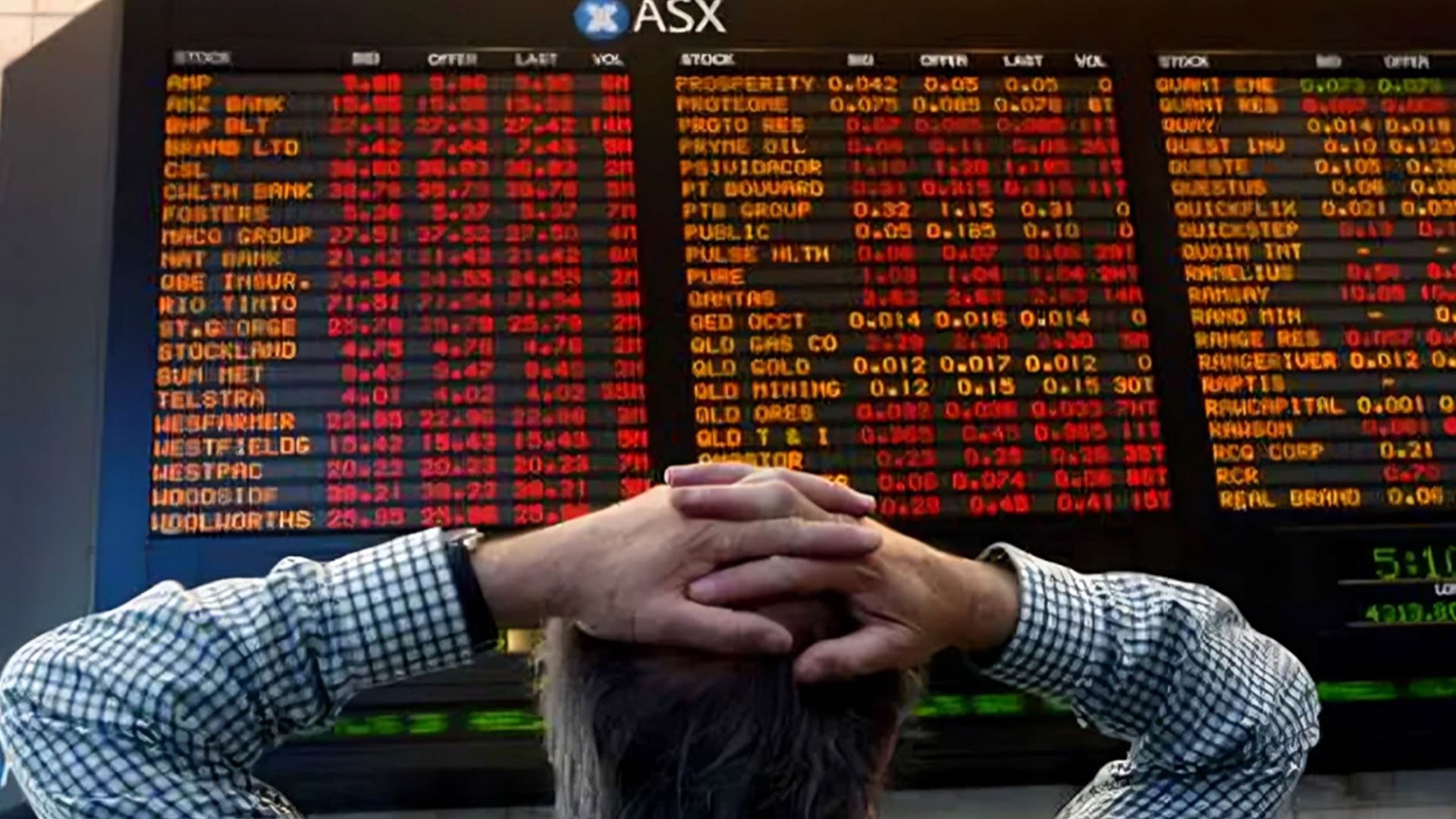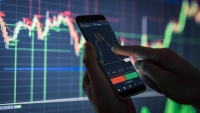Unprecedented declines in global exchanges warn economy of inflationary recession
First Bank

On a dramatic day for financial markets, red dominated the performance of global exchanges, with Japan's stock exchange indexes falling to their lowest since 1987, infections spreading rapidly to global currencies and markets in Asia, the Middle East and Europe, and oil and Cryptocurrency prices falling sharply, raising numerous questions about what was happening in the global economy.
These losses were the result of a weaker-than-expected U.S. employment report for July, where the U.S. Jobs Report for July revealed a significant slowdown in the labor market, with the economy adding only 114,000 non-farm jobs, down from 179,000 in June, and below economists' expectations of 186,000 jobs.
The unemployment rate rose to 4.3%, compared to the expectation of 4.1%. In addition, the Bureau of Labour Statistics report showed a decline in average hourly wages on an annual and monthly basis compared to the previous reading, and the question arises here as to what does this relate to global markets?
These data indicate that companies significantly reduced their productivity last month, as well as reducing their need for employment, this will result in a decline in their profits as well as dividends on stocks, prompting investors to sell their shares under the sovereignty of uncertainty. This situation was immediately reflected in the performance of US stocks and its impact on global markets, This has raised fears that the US economy may be in recession.
The Egyptian and Arab exchanges were not spared, as many Egyptian and Arab investors resorted to selling their shares in the regional market so that they could cover their losses in other markets
As a result, Arab and Egyptian markets suffered huge losses, and Egypt's main market index EGX 30 fell 2.33% to close at 28,503 points.
Dubai Financial Market Index ended trading yesterday on losses of 4.52% at 4045.9 points, the first session of the week in the UAE markets, and Abu Dhabi Financial Market Index at close fell 3.42% to 8974.6 points.
While Saudi stock market index TASI reduced losses to 2.1% at 11,502 points, amid a number of pioneering shares with Aramco at front falling, Kuwait's stock exchange indexes declined, and BKP fell 1.97% at 7,543 points. The Bahrain Stock Exchange also declined by more than 1.03%, fell at 0.97% to 4,602 points.
In the midst of that atmosphere, and some foreign investors exiting to other markets, the exchange rate of the dollar exceeded EGP 49 in Egyptian banks, and although this move is the highest since last March, it avoids us from being exposed to the woes of the black market of the currency again, thereby sharply reducing the currency to unify the two prices.
This comes as markets are under additional pressure from tension in the region following the assassination of Hamas Political Bureau Ismail Haniyeh in the Iranian capital Tehran, and Iran and its allies promise to respond, with speculation of direct confrontations between Hezbollah and Israel, and states warn their nationals not to travel to Lebanon and demand their immediate departure.







